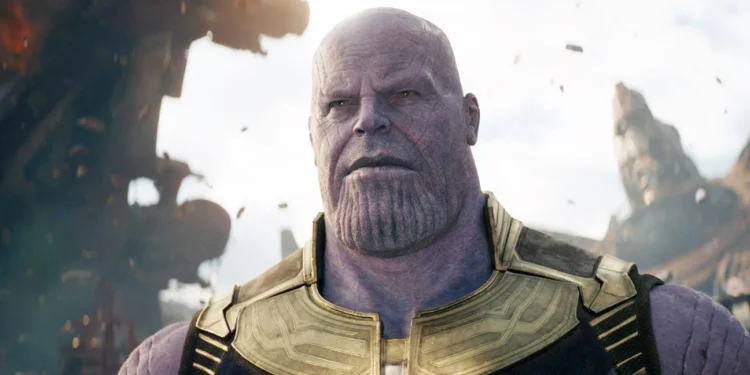In a significant development within the ongoing legal battle at the crossroads of Hollywood and Silicon Valley, a federal judge has dismissed copyright infringement claims against The Walt Disney Company in a case involving the use of allegedly stolen Visual Effects (VFX) technology.
The ruling, delivered on Thursday, saw Judge Tigar dismiss claims brought by Rearden, a VFX firm, stating that there was insufficient evidence to support allegations that its technology played a significant role in the creation of Disney’s blockbuster films, “Avengers: Infinity War” and “Avengers: Endgame.” While copyright infringement claims were dismissed, the court deferred ruling on whether Disney infringed on Rearden’s patents.
Central to the case were allegations concerning DD3, a company partnered with Disney on various films including “Beauty and the Beast” and several installments of the “Avengers” series. It was contended that DD3 may not have possessed the necessary rights to the technology allegedly crucial in the production process. Ownership complexities stemming from a bankruptcy and a fraudulent sale further muddled the issue, leading to confusion over the ownership and licensing of MOVA Contour Reality Capture technology.
Last year, a jury in Oakland found Disney guilty of infringing on Rearden’s intellectual property in its use of copyrighted technology to animate characters in “Beauty and the Beast.” However, the damages awarded were relatively minimal, totaling around $600,000, with a portion intended to recover profits attributed to the use of the technology.
While copyright claims have been addressed, issues of vicarious and contributory copyright infringement, as well as patent infringement, remain unresolved. Disney faces the potential of significant damages, with the possibility of forfeiting profits from the lucrative “Avengers” franchise, which has amassed over $6 billion in box office revenue.
Judge Tigar dismissed Rearden’s claims of direct copyright infringement, citing insufficient evidence to prove DD3’s involvement in the use of the technology. However, he granted Rearden one final opportunity to amend its complaint, provided it can present stronger evidence to support its claims.
The outcome of this case is closely watched, as it underscores the complexities surrounding intellectual property rights in the realm of VFX technology within the entertainment industry.









